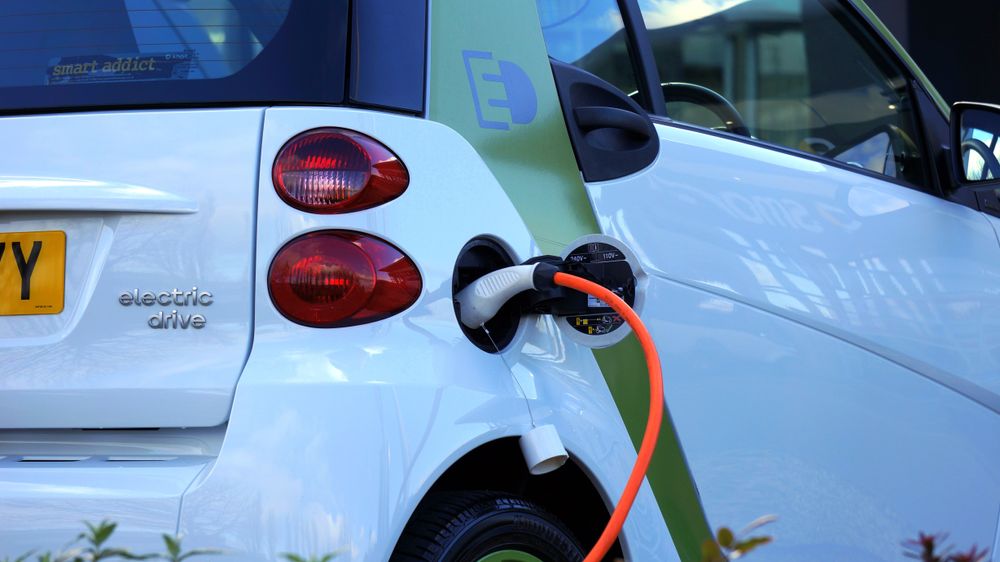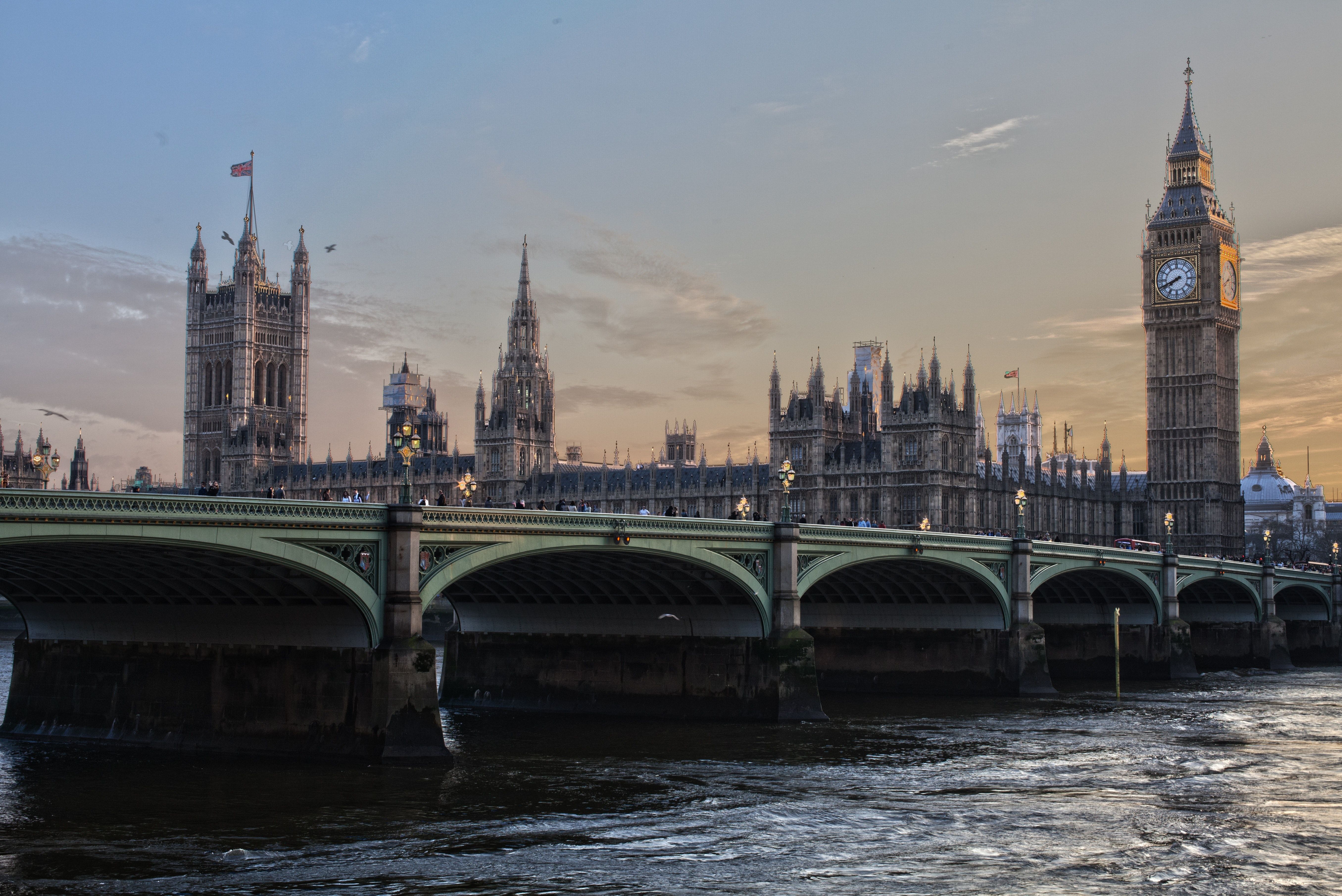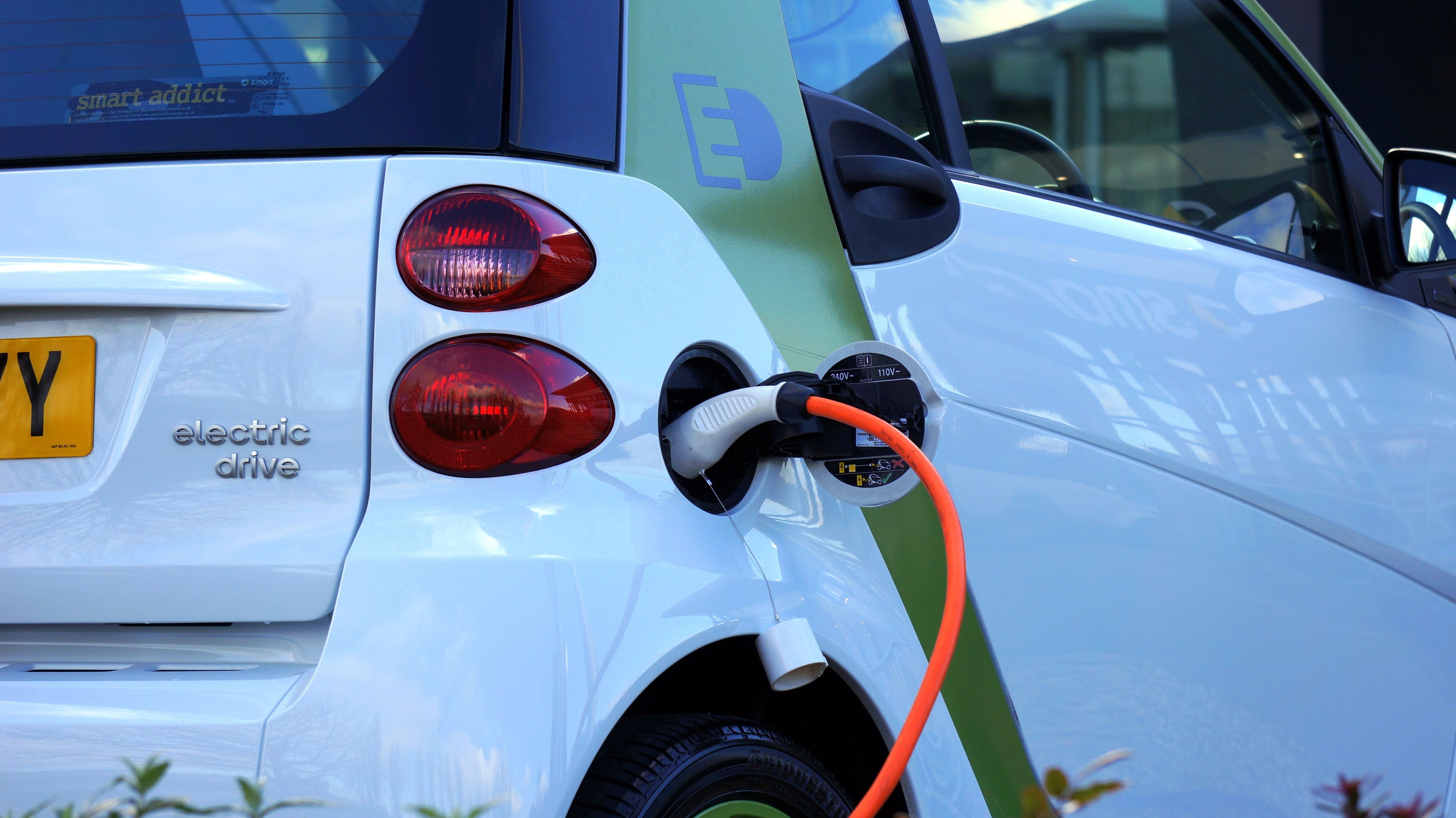
The UK is set to win a battle with Spain to host a multi-billion-pound electric car battery plant in Somerset, the BBC understands
The boss of Jaguar Land Rover-owner Tata is expected to fly to London next week to finalise the deal.
Some in the car industry have described the plant as the most significant investment in UK automotive since Nissan came to Britain in the 1980s.
Tata's chairman is scheduled to meet the prime minister mid-next week.
Sources familiar with the matter say that although the deal has yet to be signed, engagement has moved from negotiations to drafting and choreography of how the landmark agreement will be presented.
Up to 9,000 jobs would be created at the Bridgwater site, close to the M5.
The UK government has acknowledged the urgent need for electric vehicle battery manufacturing in the UK to secure the future of the car industry.
The country's automotive sector employs up to 800,000 people directly and in the supply chain.
When pressed on the subject last week, Chancellor Jeremy Hunt told the BBC to "watch this space".
Tata was considering another site in Spain and the expected decision to choose Somerset will be presented as a major achievement for the UK government.
The government has been criticised for lacking a clear industrial strategy and falling behind the US and EU in attracting investment.
Last week, one of the world's biggest carmakers, Stellantis, warned it may have to close UK factories if the government does not renegotiate the Brexit deal. The firm, which owns Vauxhall, Peugeot, Citroen and Fiat, had committed to making electric cars in the UK but told the BBC this was under threat.
In the case of Tata's new plant, the UK's expected success has not been easily or cheaply won.
The government has said that while it does not recognise a figure of £500m in reported subsidies, they concede that it is in the hundreds of millions of pounds.
The gigafactory would be built at the Gravity business park near Bridgwater
This would take the form of cash grants, energy subsidies and other training and research funding.
India's Tata has extensive steel interests in the UK including the Port Talbot plant in South Wales and the government will also offer around £300m to subsidise, upgrade, and decarbonise those operations.
Along with additional energy discounts, it will bring the total incentive package to Tata close to £800m.
Government sources conceded that while the two investments will not be announced at the same time, the two projects are linked.
The Somerset site's access to power, a skilled UK automotive workforce and the British heritage of Jaguar Land Rover's brands are also cited as helping the UK bid.
Although the price tag will be seen as high, the UK is reluctantly involved in an international subsidy war which has been dramatically escalated by the US Inflation Reduction Act - a piece of legislation offering $370bn (£299bn) in sweeteners to companies prepared to locate production and supply chains in the US.
The EU is preparing its own package in response.
Some industry insiders hope that the Tata battery investment will open the door to further battery investments in the UK, which currently only has one plant in operation next to Nissan's Sunderland factory, and one barely on the drawing board in Northumberland.
By contrast the EU has 35 plants open, under construction or planned.
Number 10 said it did not comment on commercially sensitive matters.



